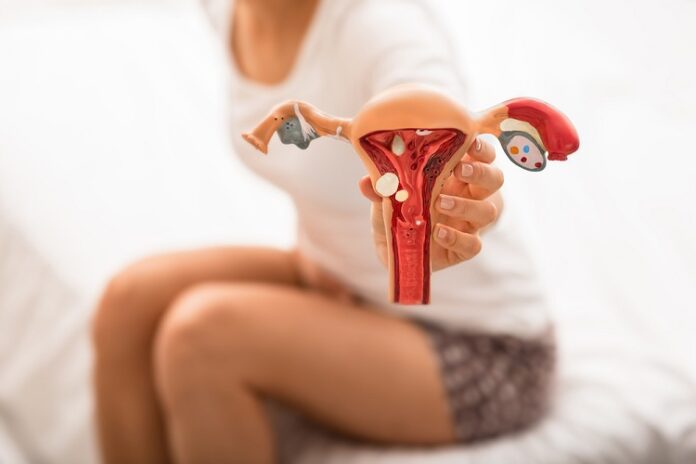Endometriosis is a common condition that gets often misdiagnosed and can go undiagnosed for years. This is because the two main symptoms of endometriosis; heavy bleeding, and menstrual pain, are often considered normal by many women.
However, understanding the warning signs of endometriosis Jackson Heights is the first step to precise diagnosis and effective treatment. Here is a look at the common warning signs that you might be having endometriosis.
Table of Contents
Severely Painful Periods
One of the common signs of endometriosis is severe abdominal or pelvic pain during your menstrual period. The pain often feels like a stabbing or sharp sensation. Endometriosis causes painful periods because the endometrial tissue swell and bleeds each month, similar to the uterine lining.
However, the tissue and blood are not easily shed because it’s outside the uterus. The extra pressure causes pain that is more uncomfortable than normal menstrual cramps. Generally, if you experience an unbearable painful period, let your health provider know.
Heavy Menstrual Bleeding
Heavy periods are not uncommon. However, if you soak through your sanitary pads or tampons in an hour, get large blood clots, and bleed for more than a week such that it affects your daily activities, it results in endometriosis.
Endometriosis increases blood loss because the tissue bleeds and sheds, similar to the uterine lining. When left untreated, the heavy menstrual can cause fatigue and even anemia. Therefore, if you are struggling with heavy periods, don’t wait to see your doctor for a checkup.
Painful Intercourse
Another endometriosis warning sign is pain during sexual intercourse. Note that sex should not be painful. Most women diagnosed with endometriosis report experiencing deep pain that can last up to 24 hours after having sex.
This is because when the endometrial tissues develop at the lower uterus, intercourse can stretch or pull the tissue. Other than endometriosis, painful sex can signify other gynecological problems. If you are experiencing painful sex, ensure to consult a health provider.
Pain and Difficulties During Urination or Bowel Movement
Other than pain during sexual intercourse, endometriosis can make your bathroom visits problematic if it develops near your bladder or bowel. While the bowel is more commonly affected, the bowel or the bladder might have endometrial implants.
It might be due to endometriosis if you notice blood in your stool, feel urgent urination, or experience constipation during your menstrual period. Talk to your doctor for precise diagnosis and treatment to help ease the symptoms.
Infertility
For some women, the first sign of endometriosis is difficulty getting pregnant. According to medical statistics, 1 in every two women with infertility have endometriosis. This is often attributed to the adhesions and scar tissue of endometriosis that changes the pelvic structure making it difficult for a fertilized egg to access the uterus.
If you have been actively trying to get pregnant for more than a year unsuccessfully, talk with your doctor. While endometriosis can make it harder to become pregnant, most women can conceive with proper treatment.
Endometriosis is often overlooked or misdiagnosed because its symptoms are easily confused with other conditions. However, once diagnosed, its often successfully treated with hormone therapy and minimally invasive surgery. If you have any symptoms of endometriosis, consult your healthcare provider for proper diagnosis and treatment.
Remember that the signs of endometriosis vary from one woman to another. You might have extensive endometriosis and experience no symptoms. On the other hand, another woman might only have a small area of endometrial tissue and suffer severe pain.




